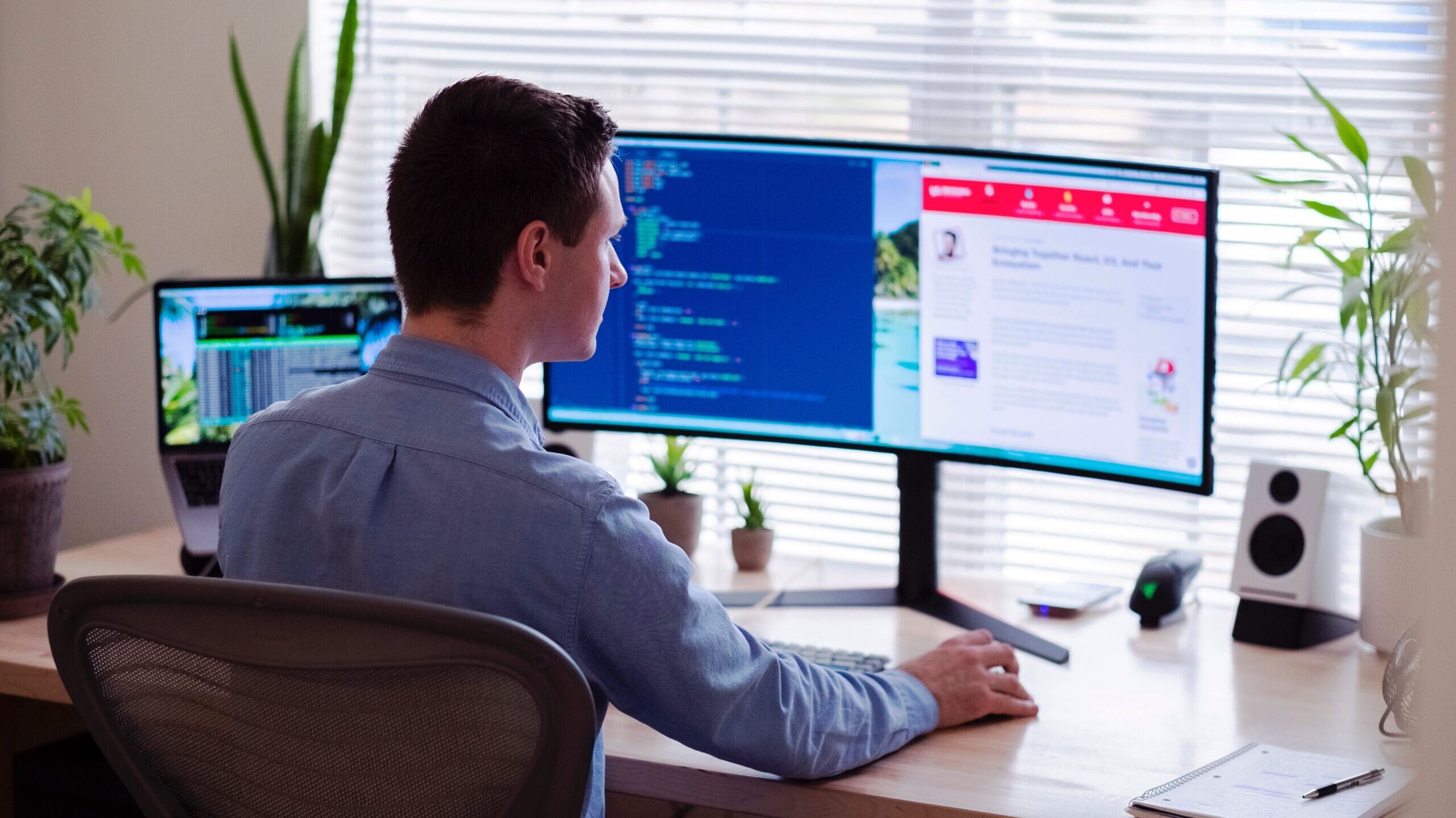
Photo: Unsplash
Working on laptops for several hours, binge-watching your favourite series on phone, or chilling with your friend over a video call – these seemingly ordinary activities expose our skin to harmful blue light, also known as High Energy Visible Light (HEV)
Regardless of age, in this digitally savvy world, it is hard to completely cut down on our screen usage. According to the Ericsson Mobility Report, the average screen usage of Indians on smartphones has moved up to five hours per day with the surge in online classes and work-from-home activities during the COVID-19 pandemic. When connected to the internet via broadband, the usage moved up from 2.5 hours to 4.5 hours.
A survey conducted by Pilgrim, a homegrown D2C beauty and personal care brand, reveals that 76% of people spend more than three hours in front of their laptops and smartphone screens, and 38.6% of respondents between the age group of 19-30 years spend more than six hours in front of the smart gadgets.
Gagandeep Makkar, Co-founder & COO, Pilgrim attributes the pandemic for this drastic change in user behaviour. “Today, we are spending elongated hours in front of screens and subsequently exposing our skin and eyes to possible damage”, he adds.
The HEV emitted from these devices causes significant harm to the skin and eyes. It induces pigmentation – an indication of skin damage – and Reactive Oxygen Species (ROS). The visible effects include redness, wrinkles and face swelling. Moreover, blue light can also activate genes associated with inflammation and photoaging, which can be triggered by exposure for as little as 60 minutes.
Apart from the direct effects, blue light suppresses the production of melatonin – a chemical essential for healthy sleep. In the survey conducted in tier 1 cities of Delhi, Bangalore and Ahmedabad, 74.8% of people are aware of the skin damage caused by blue light. An alarming 41.9% of respondents are already affected by one or the other symptom.
Another interesting insight from the survey is that around 80% of women believe skincare products can help protect from damage and sunscreen is the most commonly used product for the same.
“Prolonged exposure to blue light causes damage to skin cells, impedes the skin barrier function, and may lead to premature ageing, much like UV rays do”, says Makkar.
He adds that although the new-age consumers are becoming more aware, the survey helps us realise that it isn’t enough; one in every four persons is still not aware of the impact of blue light.
Pilgrim says it has expanded its beauty range to fight such skin problems, incorporating Korean beauty trends in its latest collection of sunscreen serums (a hybrid of sunscreen and an actives-rich serum).
The SPF-50 sunscreen focuses on skincare benefits along with protection from the damage caused due to blue light by digital devices, according to Pilgrim. The brand also advocates face mists and face oils for reducing the effects of blue light.
Delhi hosted what organisers describe as the world’s first player auction in golf, launching ‘72…
An elderly woman recalls how her six-year-old granddaughter lay bleeding after a speeding car hit…
Municipal Corporation of Delhi plans a unified policy enabling RWAs to adopt and maintain parks…
A 17-year-old boy allegedly died by suicide after jumping before a moving train at Uttam…
Delhi High Court grants bail to 26-year-old Thar driver accused of mowing down two in…
Two Rohini men arrested for fatally stabbing one person and injuring another during a robbery…